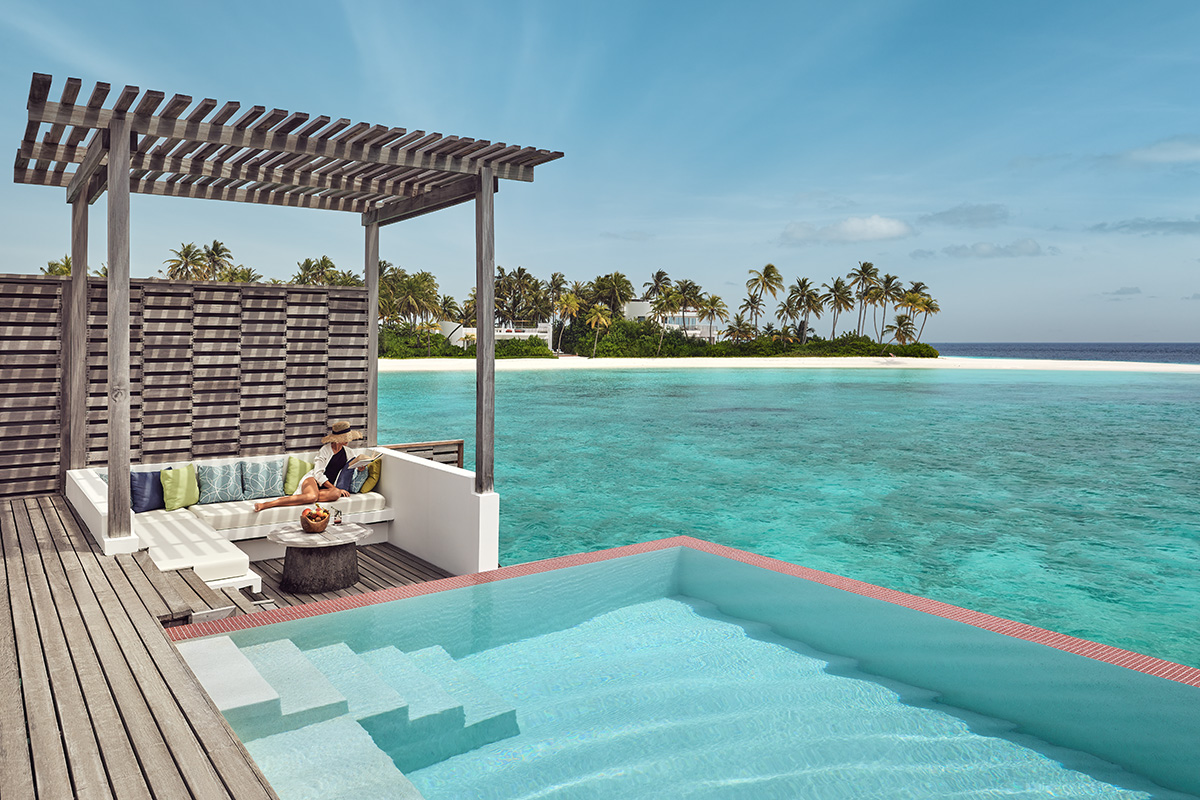Greek Islands Known for Tourism Continue to Feel Impact of Refugee Crisis
Skift Take
Early November is typically a tranquil time on Lesbos, a Greek island in the Aegean Sea with some 80,000 year-round inhabitants. Residents shut the doors of their hotels, restaurants, and other businesses that predominantly serve the summer tourism market and head out to their olive groves for the annual harvest.
This year, though, there are “no vacancy” signs in English and Arabic posted on hotel doors in the main port of Mytilene and lines snaking outside travel agencies. The latter are doing a brisk business not in holiday excursions, but in ferry tickets to Athens, the next stop for the tens of thousands of refugees and migrants who have landed on the island this year en route to mainland Europe.
“It’s usually very quiet in winter, but a lot of businesses are still working even now, restaurants, mini-markets, car-rental agencies, so there’s a bit more life in the villages,” says Lesbos resident Aphrodite Vati Mariola. The beachfront hotel her family has operated since 1989 is not among them, however – they closed two weeks early after bookings went stagnant in early September, when both refugee arrivals and media coverage of the crisis increased.
“Other hotels that I know closed even earlier than we did,” Mariola says. “Some hotels are still open to accommodate volunteers and journalists, but understandably they need very low daily prices, which can’t be sustained in the long term.”
Hotelier associations on Lesbos and Kos, another island that has experienced a large refugee influx, protested to Greek officials in September about the impact of the crisis on tourism, citing decreased bookings as well as cancelled charter flights and cruise-ship port calls.
Though Mariola admits some guests did cut their trips short due to the refugee arrivals, many of which were occurring on beaches right in front of the Aphrodite Hotel, she says most were more sympathetic than concerned about their holidays. “So many guests rose to the occasion and came to our side and helped us as much as they could, helping people out of boats, cleaning up the beach afterwards, folding donated clothes, going out and buying water for the refugees,” she says.
U.K.-based tour operator Sunvil, which sends about 20,000 travelers to Greece and Cyprus each year, got a similarly positive response when it launched an appeal for donations for the refugees. “We were absolutely inundated, from customers and from the travel industry in general,” says Sunvil chairman Noel Josephides. “We sent five tons of supplies with our charter flight to Samos, which goes to the island empty in order to bring people back. We were very pleased to do that.”
Though Josephides says business was not heavily impacted this year for Sunvil, which doesn’t feature either Lesbos or Kos as a major destination, he cautions that “the first priority for [Greek officials] must be to process refugees more efficiently so that it will not affect next season.”
Mariola at the Aphrodite Hotel is also looking ahead to 2016 with uncertainty. “We won’t know for a little bit what the situation [with bookings] will be like for next year,” she says. “We typically have a lot of repeat guests, and people have been writing on the hotel’s Trip Advisor page, praising how we’ve dealt with the situation, but saying they would probably wait to come back until things ease up.”
Jennifer Hattam is a journalist based in Istanbul, Turkey.




